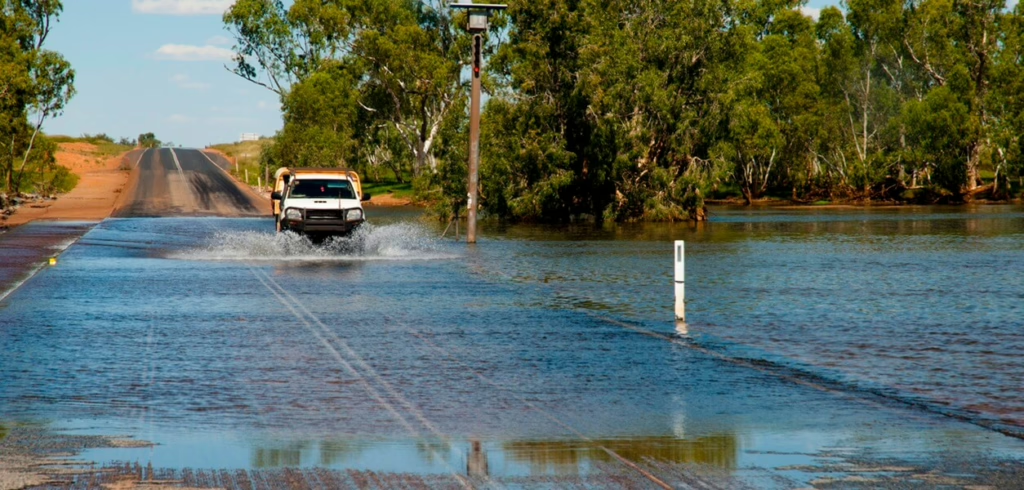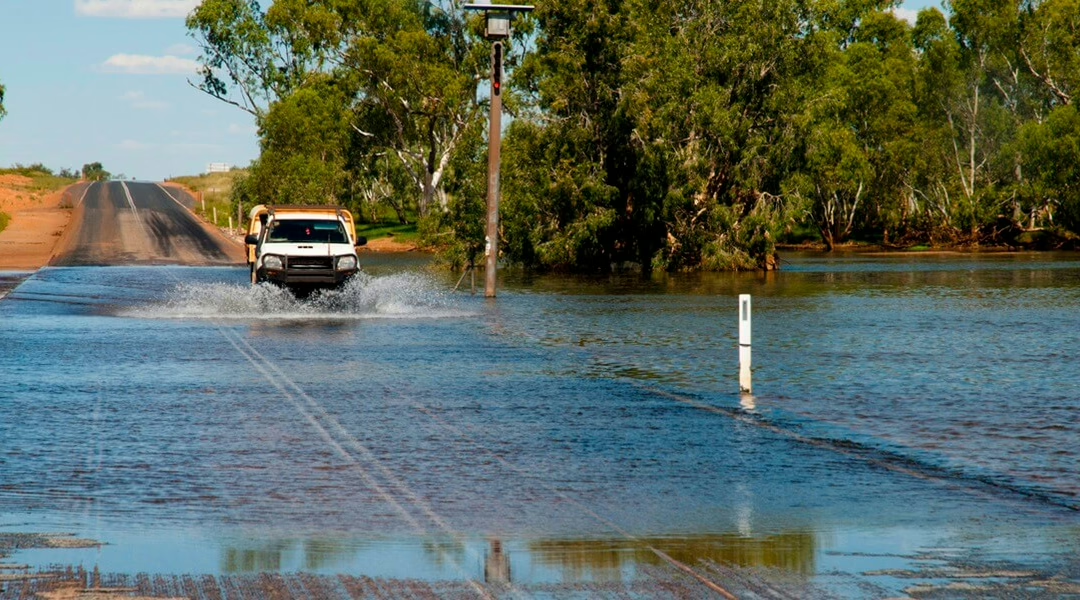
When disaster strikes, the emotional and financial toll can be overwhelming. For retirees, losing a home – whether due to fire, flood, or another catastrophe – could be one of the most significant challenges of their lifetime. Once the immediate needs of safety and shelter are met, retirees may find themselves facing a maze of decisions that can affect both their future and their Age Pension.
What retirees need to know about rebuilding, selling and the Age Pension
In the aftermath of a disaster, it’s natural for your first thoughts to focus on the basics: getting to safety, securing food and shelter, and checking on loved ones. But as you begin to recover, your mind will inevitably turn to what comes next. Whether you decide to rebuild, repair, or sell, it’s important to consider how these choices may affect your Age Pension eligibility. Planning ahead can help you protect your financial future.
Government support for disaster-affected retirees
For those affected by a major disaster, financial assistance is available through government programs. The Australian Government Disaster Recovery Payment (AGDRP) and the Disaster Recovery Allowance (DRA) provide short-term financial relief. State-specific support, including mental health and housing support is also available, through Services Australia.
Rebuilding or selling after a disaster: How it affects your Age Pension
If you receive an insurance payout, it is generally exempt from the Age Pension asset test for up to 12 months provided you plan to use the funds to rebuild or buy a new home. The exemption gives you time to recover and plan your next steps without immediately affecting your Age Pension entitlements.
Your next steps will typically fall into one of two scenarios:
1. Rebuilding or repairing on the same site
- If you rebuild on your existing land, your property remains an exempt asset for Age Pension and so too does the insurance payout for 12 months given you are using the money to repair/rebuild.
- If rebuilding is delayed beyond your control, Centrelink may grant an extension beyond the 12-month exemption period, where you provide evidence that you are making reasonable attempts, but there are delays beyond your control.
- If you decide to sell after rebuilding, the proceeds may affect your pension, depending upon how the funds are used.
2. Selling your home after a disaster
If rebuilding isn’t an option, selling may provide financial security, but it’s important to understand how the proceeds affect your pension.
- Insurance payouts and asset testing: If you receive an insurance payout for your home and declare to Centrelink that you intend to buy a new home with it, the payout remains exempt from the asset test for up to 12 months. However, once this declaration is made, Centrelink will begin assessing the destroyed property as an asset even if it remains unsold.
- Insurance payout exemptions and asset assessment: The insurance payment that you declared will remain exempt for 12 months provided it is used to purchase a new home. Any portion of the insurance payment not used to buy your new home will become assessed as a financial asset under the test.
Tip: Downsizing may free up equity, but surplus funds could affect your pension. You may be able to contribute some of the proceeds to superannuation using the Downsizer Contribution or Non-Concessional Contributions. Seeking financial advice can help maximise your entitlements.
How a fire-devastated home can affect Age Pension and super contributions
One of our members shared a real-life scenario involving their friends, both receiving Age Pension, who recently experienced the devastation of losing their home to a fire. After the fire, their insurance company paid out $400k for the damage, and they listed the unliveable property for sale at $800,000. The couple has since purchased a new property for $680,000 and is considering putting $500,000 into their superannuation.
Key considerations
They’re wondering how these financial changes will affect their Age Pension payments, particularly whether contributing a large sum to super will result in a reduction of their pension.
1. Insurance payouts and Age Pension:
Insurance proceeds are exempt from the asset test for up to 12 months if used to rebuild or buy a new home. Extensions may be granted if delays occur beyond their control. Once declared they intend to use the insurance proceeds to purchase a new home, their former property will begin to be assessed as an asset.
2. Selling the damaged property:
Once sold for $800k, the proceeds will be assessed as financial assets, potentially reducing their Age Pension. If they contribute $500k to super, it will still count as an asset since they are both of Age Pension age.
3. Downsizer contribution eligibility:
If eligible, they can contribute up to $300k each into super from the sale, provided they owned the home for at least 10 years and it qualified for the CGT main residence exemption. Contributions must be made within 90 days of settlement. While the downsizer contribution itself isn’t restricted by the total super balance, once in super, it adds to your assessable assets for the Age Pension. If you’re receiving or applying for the Age Pension, the extra funds in super could reduce your entitlement.
4. NCC super contributions and the bring-forward provisions:
If ineligible for the downsizer contribution, they may still be eligible to make a non-concessional contribution (NCC) to super. The bring-forward rule allows up to $360k in a single year, but these funds will still be counted under the asset test.
This could provide them with a way to maximise their super contributions, although it’s important to consider the impact on their pension entitlement, as these contributions will also count towards the asset test.
Next steps:
- Review insurance payouts and timing: The couple should ensure they are aware of the exemptions on their insurance payout and be proactive in communicating with Centrelink regarding their asset status and timelines.
- Consult a financial adviser: Given the complexity of their situation, the couple should seek financial advice to model the effect of contributing the $500,000 to super. A financial adviser will help them understand how this contribution may affect their pension and provide guidance on the Downsizer Contribution.
- Downsize strategically: If they are eligible for the downsizer contribution, they should consider using this opportunity to bolster their super while being mindful of how it alters their Age Pension assets.
Key takeaways:
This case highlights how important it is for retirees to be aware of the rules surrounding insurance payouts, the sale of property, and superannuation contributions when it comes to age pension eligibility. Planning ahead and seeking professional advice can help ensure they make informed decisions to protect both their retirement funds and pension entitlements.
If you’re facing similar challenges, why not book an Entitlements or Retirement Advice Consultation today to explore the impact of your property and superannuation choices ont your entitlements.
We love to hear from you
Have you experienced a situation where your home or assets affected your Age Pension? How did you manage the financial implications?
Would you consider downsizing your home to boost your superannuation? What factors would you need to consider first?
This article is provided by Retirement Essentials Representative Number: 001260855. We are an authorised representative of SuperEd Pty Ltd ABN 88 118 480 907 AFSL #468859. This information is not intended as financial product advice, legal advice or taxation advice. It does not take into account your personal situation, goals or needs and you should assess your own financial situation, consider if the information is suitable for you and ensure you read the relevant Product Disclosure Statement (PDS) if you choose to make any changes to your financial situation. It is always advisable to consult a financial adviser before making financial decisions.





